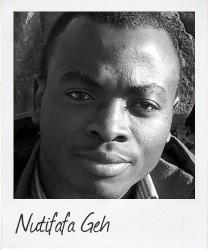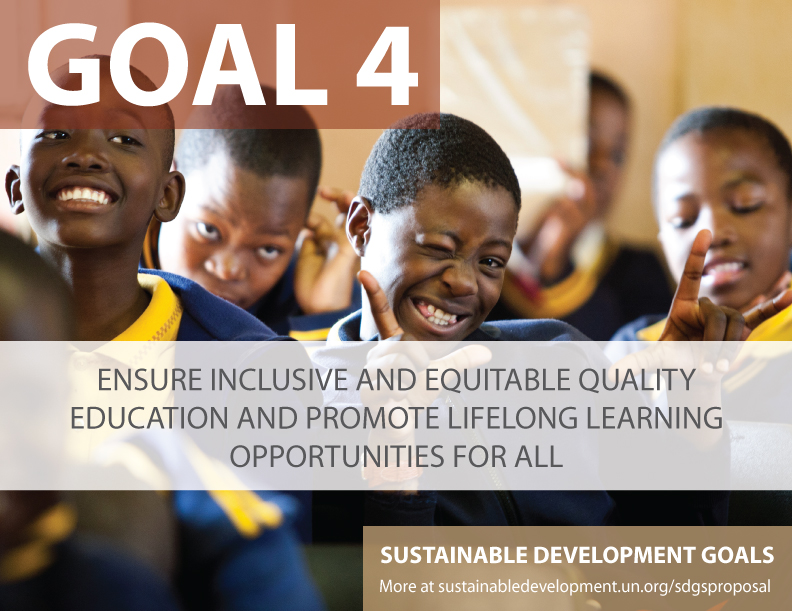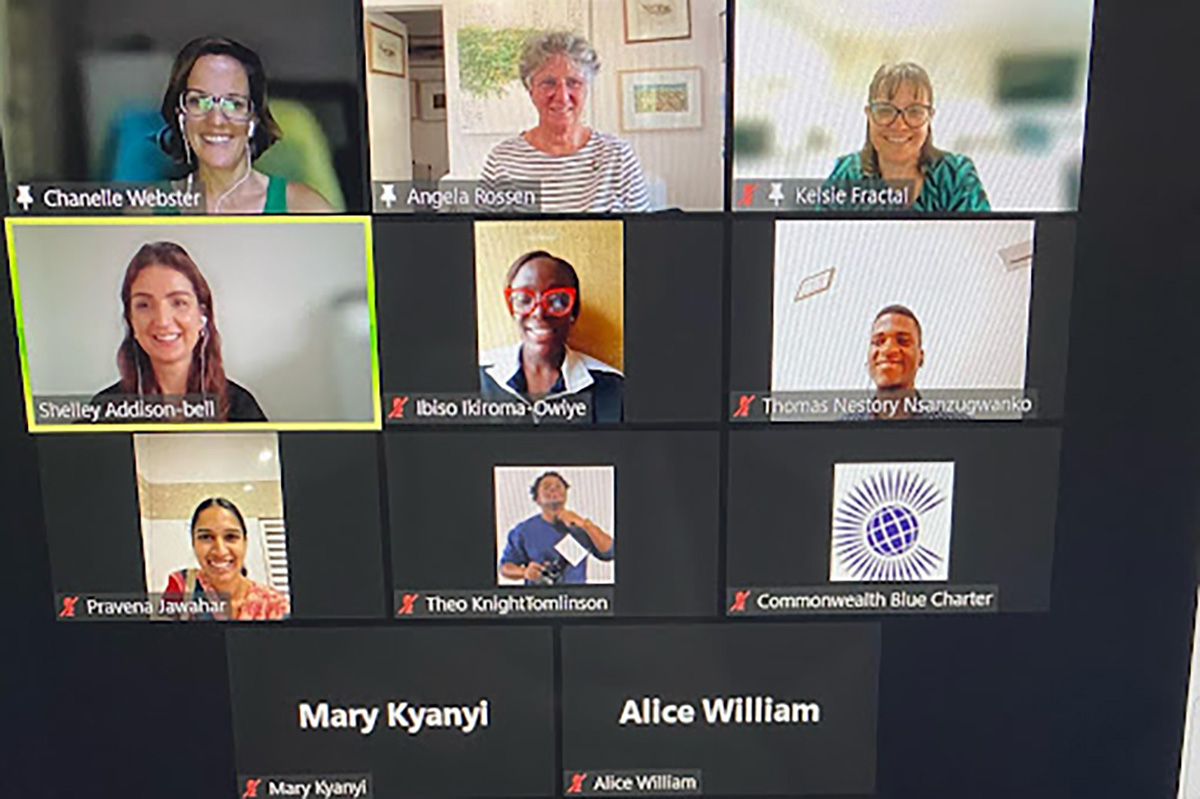“The pursuit of quality education”
December 15 Quality education is a key to achieving Sustainable Development Goals, writes Nutifafa Geh, 29, a Correspondent from Ho in Ghana. He says that means tracking progress and supplying resources for teachers and students.
Quality education is a key to achieving Sustainable Development Goals, writes Nutifafa Geh, 29, a Correspondent from Ho in Ghana. He says that means tracking progress and supplying resources for teachers and students.
It is popularly preached that education is power, but it is also true that depending on the kind of education a person receives, it can give power for good or that which is destructive.
According to Nelson Mandela, education is the most powerful weapon you can use to change the world. For Tererai Trent, an advocate for education in Zimbabwe, education is the pathway out of poverty and the road to change for boys and girls alike.Presently, we have witnessed accelerated colligation of global action in pursuit of education that empowers for good. The recent Sustainable Development Goals (SDGs), also called Global Goals, is such an example and these goals are now charting the global agenda for the next 15 years.
With respect to Ghana, the review of national progress in achieving the Millennium Development Goals (MDGs) was captured in the Ghana Millennium Development Goal 2015 Report , published by the National Development Planning Commission in conjunction with the United Nations. It was shown that the following were key in contributing to achievements toward universal primary education targets: provision and rehabilitation of school infrastructure, especially elimination of schools under trees; strengthening of capitation grants; expanding coverage of school feeding programmes; provision of free school uniforms and exercise books; motivation and retention of teachers; and in-service training, particularly for science teachers. On the other hand, high absenteeism and lateness of teachers was reported to be a challenge that should be addressed. Other factors inhibiting progress were unwillingness of teachers to accept postings to rural areas, and insufficient infrastructure, teaching and learning materials.
With the above findings, some of the key challenges that should be addressed in the coming years are quite clear. Safe and healthy spaces where students can learn is paramount, and although some progress have been made – for example the construction of 200 community day senior high schools throughout the country – there is still more to be done.
This calls for dialogue among all stakeholders. The problems must be viewed from all angles to ensure that solutions which are formulated are not one-sided. There is the need to review existing strategies for addressing challenges in supply of adequate qualified teachers to learning centres; attendance and progress tracking of students and teachers; provision of adequate learning materials, and many other concerns that are known. And where the old methods are found to be inadequate in addressing the challenges, then it is expedient that new systems should be put in place.
In all, short- and long-term action plans are required as the country gathers momentum in pursuit of the SDGs, especially to ensure inclusive and equitable quality education for all. It is also necessary to seek the opinion of students during the development of these strategic plans, because they are the ones who can best articulate their needs.
These roadmaps are some of the issues I am personally looking forward to hearing from stakeholders in the coming days, and not just sounds from ‘political gong gong instruments’ because of elections set for December next year. I am very certain other people have similar expectation.
Sustainable Development Goal No. 4, which is quality education, is the only goal that explicitly mentions education. But a careful look reveals that the success of the other goals have a huge bearing on education. The intent of the SDGs is to make the world a better place, and education cannot be given less attention if we wish to achieve the SDGs in totality.
A 1985 old time hit song, We Are the World “, says “there comes a time when we heed a certain call, when the world must come together as one”. This is where I see a parallel between the song and the call for pursuit of the Global Goals for sustainable development. Again the song adds, “we are the ones to make a brighter day so let’s start giving”. Similarly, we are all required to give something in pursuit of the global agenda.
Sustainable development must not be a cliché, or used just for the fun of it. Its core value must be correctly understood and applied. Truly, the world must come together as one; there must be partnership and collaboration between leadership and the grass roots to accelerate achievement of the SDGs, thereby making the world a better place.
By 2030 we shall know for certain how we have fared, but as the saying goes, the journey of a thousand miles begins with a single step. For that matter, we must start now!
Reach me on Twitter: www.twitter.com/tactiononline
Photo credit: The Division for Sustainable Development (DSD), UN via https://goo.gl/Zpc6oX
…………………………………………………………………………………………………
About me: My name is Nutifafa and I am for students (#Iam4Students). I believe what wings are to a bird is what education is to every boy and girl whether young or old. For that reason, my interest in education is very keen, and it is a joy for me to give a hand in empowering students to reach their full potential.
I love life and photography, and I believe I can make students smile by giving them the reason to.
…………………………………………………………………………………………………
Opinions expressed in this article are those of the author and do not necessarily represent the views of the Commonwealth Youth Programme. Articles are published in a spirit of dialogue, respect and understanding. If you disagree, why not submit a response?
To learn more about becoming a Commonwealth Correspondent please visit:
http://www.yourcommonwealth.org/submit-articles/commonwealthcorrespondents/
…………………………………………………………………………………………………




